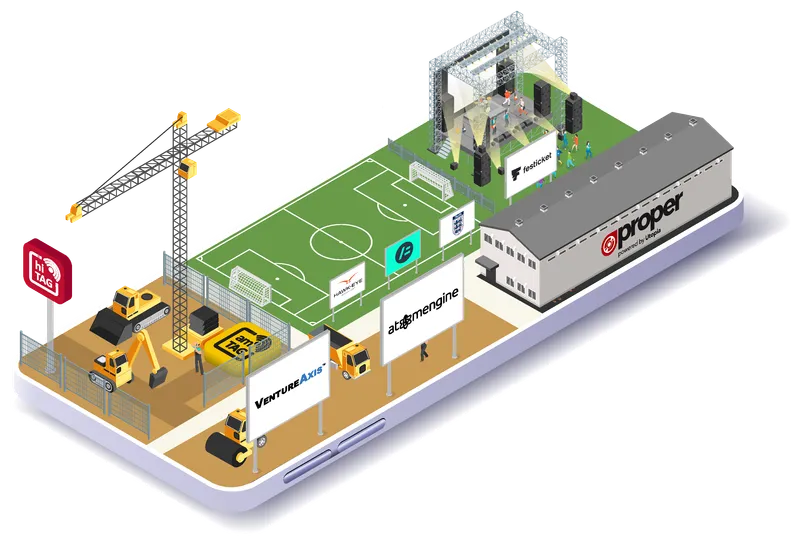Experts in mobile app development

Building your app
Once the design is set, we'll get to work on building your app. With our vast experience and an array of tools and technologies at our disposal, we can provide clear guidance on the best approach to bring your product to life.
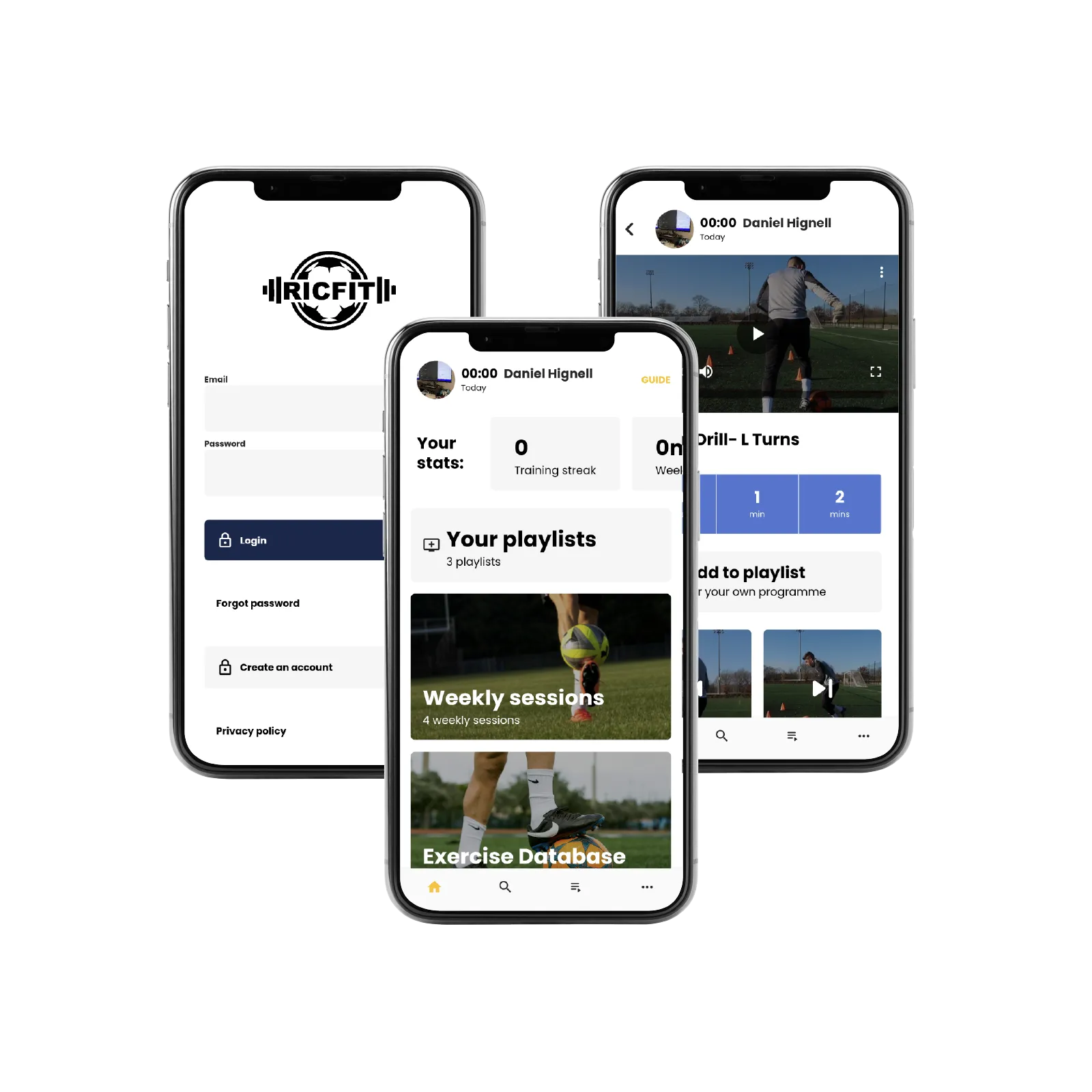
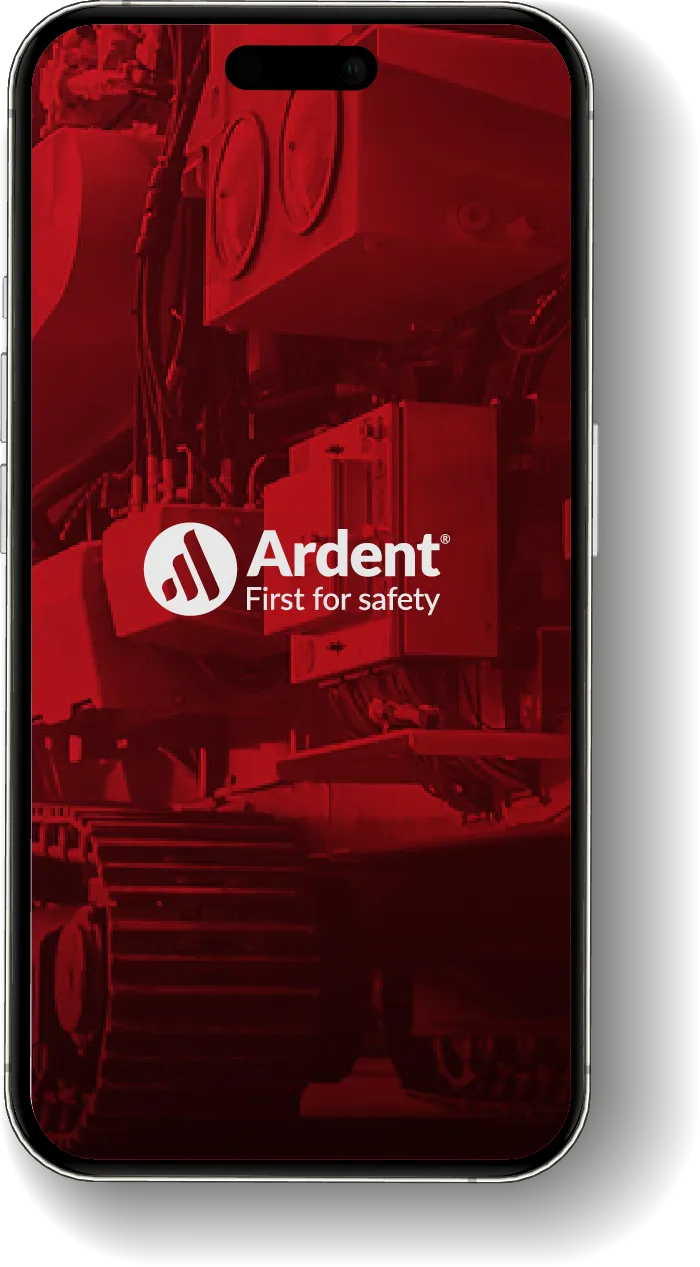
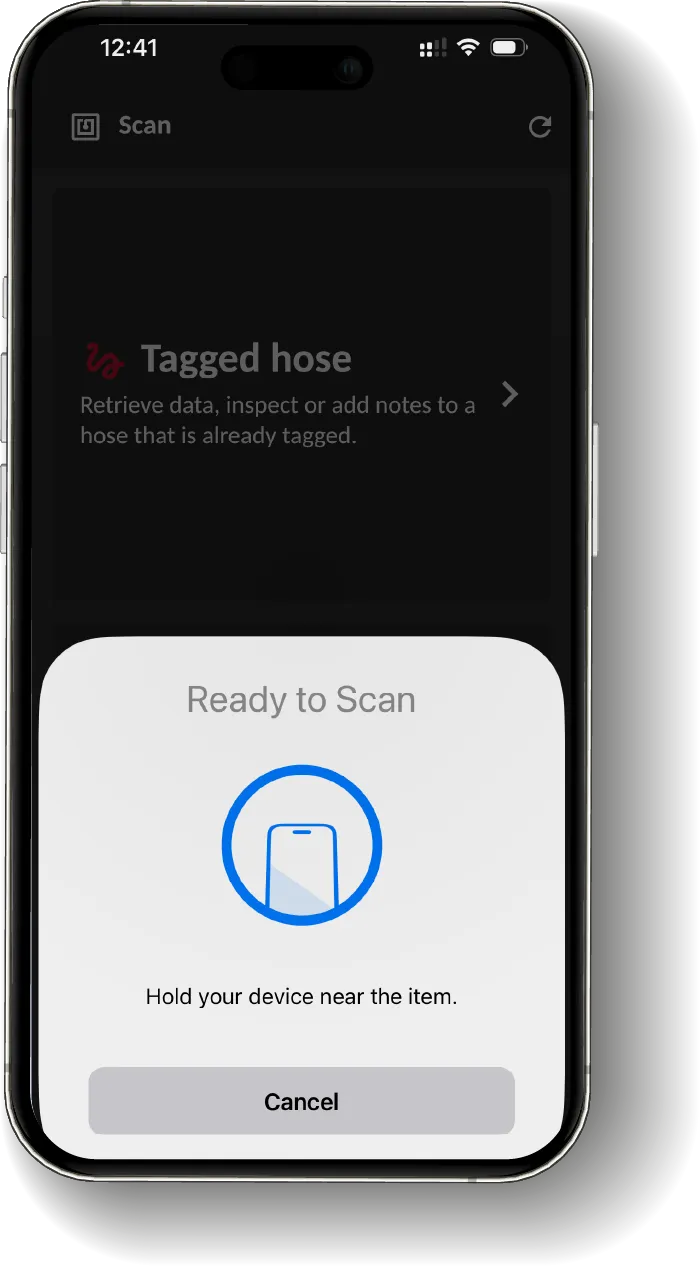
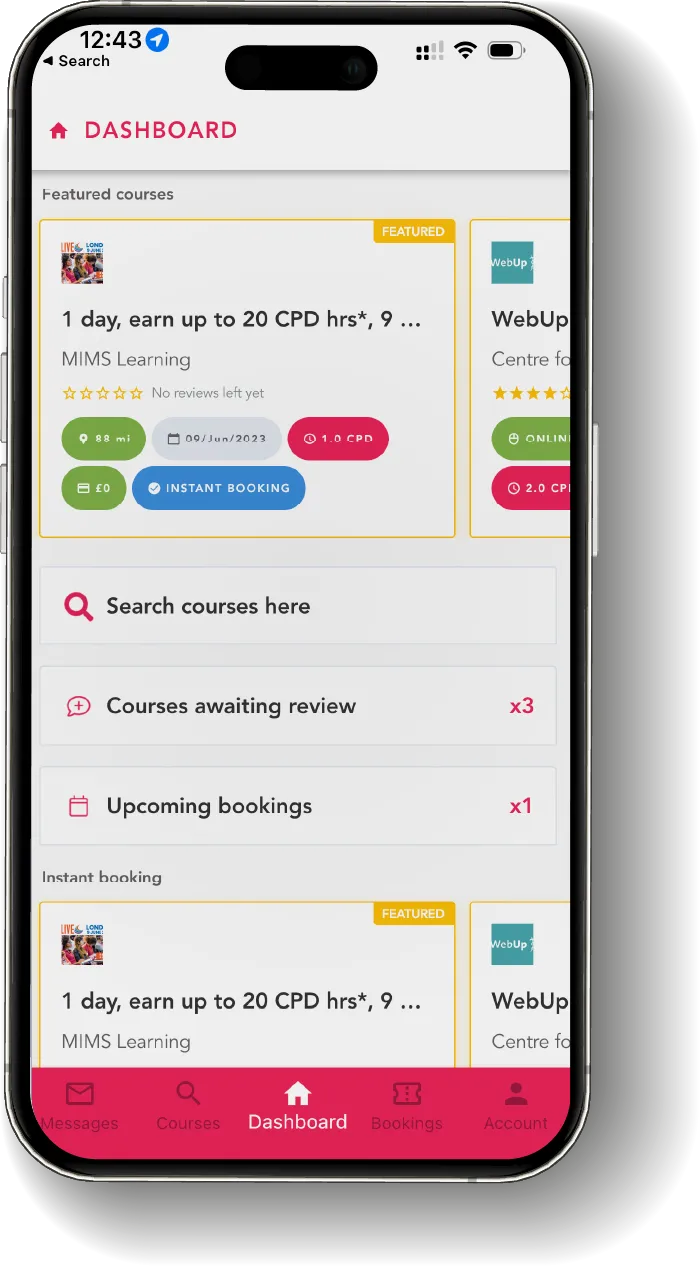
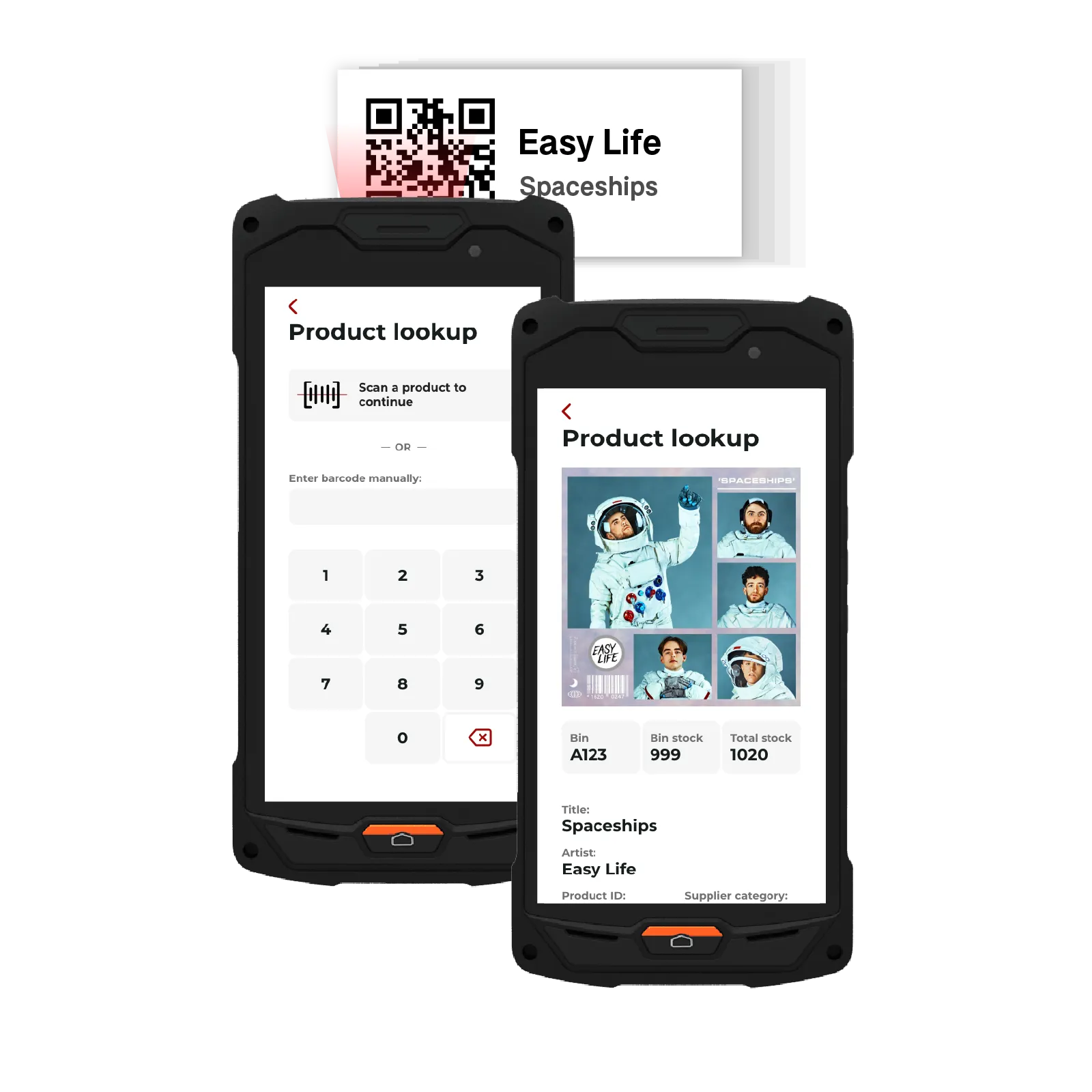
Support and maintenance
After building your app, we remain by your side for any future challenges or updates. We offer a variety of support and maintenance packages tailored to your needs.
Additionally, we have experience in revamping and improving pre-existing apps that require enhancements or bug-fixes.

Native or Hybrid?
When it comes to mobile app development, there is a big decision to make over the two main approaches: native and hybrid. Each has its own strengths and weaknesses, and the right choice depends on your app's requirements and goals.
Native development
Offers the best performance and user experience, with direct access to the device's hardware and latest features.
Hybrid development
Allows for code reusability across multiple platforms, streamlining the development, reducing time-to-market.
App development options comparison
| Feature/Benefit | Native | Hybrid |
|---|---|---|
| Highest Performance | ||
| Native User Experience | ||
| Access to Latest Features | ||
| Direct Access to Hardware | ||
| Code Reusability | ||
| Widest Device Compatibility | ||
| Quick Time-to-Market | ||
| Multiple Platform Support | ||
| Easy Maintenance |
Native app development?
Native app development involves creating applications specifically for a particular platform, like iOS or Android. If you prioritize performance, want to utilize platform-specific features, or aim for a top-tier user experience, then native app development might be for you.
These apps are optimized for their respective platforms, ensuring faster performance, better hardware integration, and a more natural look and feel. Opting for native development can give your app an edge, allowing it to fully harness the capabilities of the device it's running on.
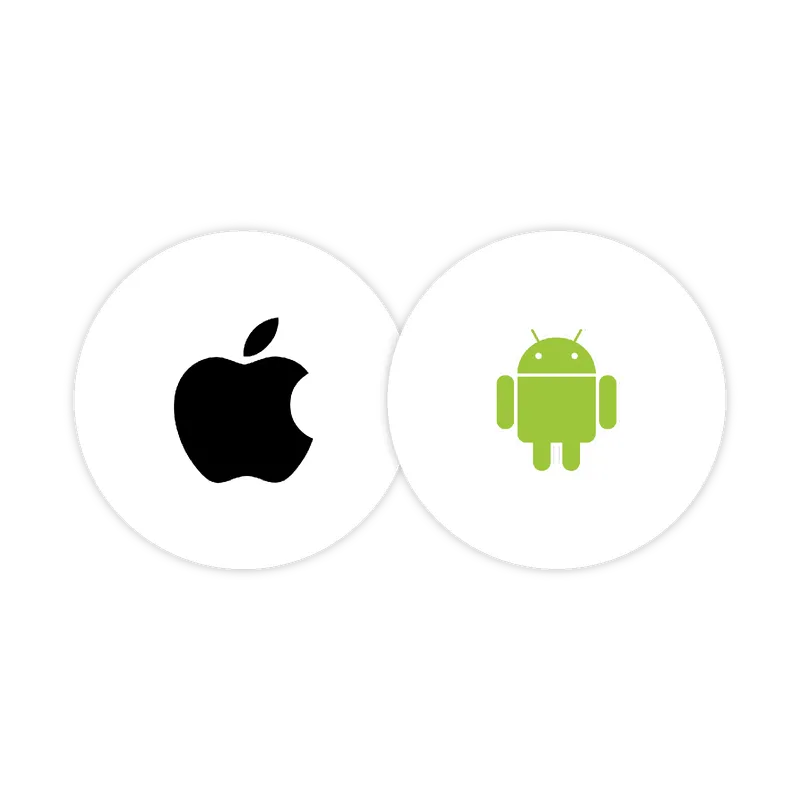
Hardware-Intensive Apps
Apps that rely heavily on device-specific hardware, such as GPS, camera, sensors, or Bluetooth, are better suited for native development. Native offers direct access and better performance in using this hardware.
Access to Device Features
If your app heavily depends on accessing device-specific features like NFC or biometric authentication (e.g., Touch ID, Face ID) native development is ideal for ease of integration and maximising performance.
Exceptional User Experience
If your primary goal is to provide an exceptional and platform-specific user experience that aligns closely with the design guidelines of iOS or Android, native development is the way to go
Hybrid app development?
Hybrid app development is about building a single app that functions across multiple platforms. If you're looking to reach a wider audience across different devices without building separate apps, hybrid development is the way to go.
These apps are often faster and more cost-effective to develop, as they utilize a shared codebase for both iOS and Android. However, it's worth noting that while they can offer near-native performance, there may be some compromises in terms of accessing platform-specific features. Choose hybrid development if you value time, budget, and a broader reach.
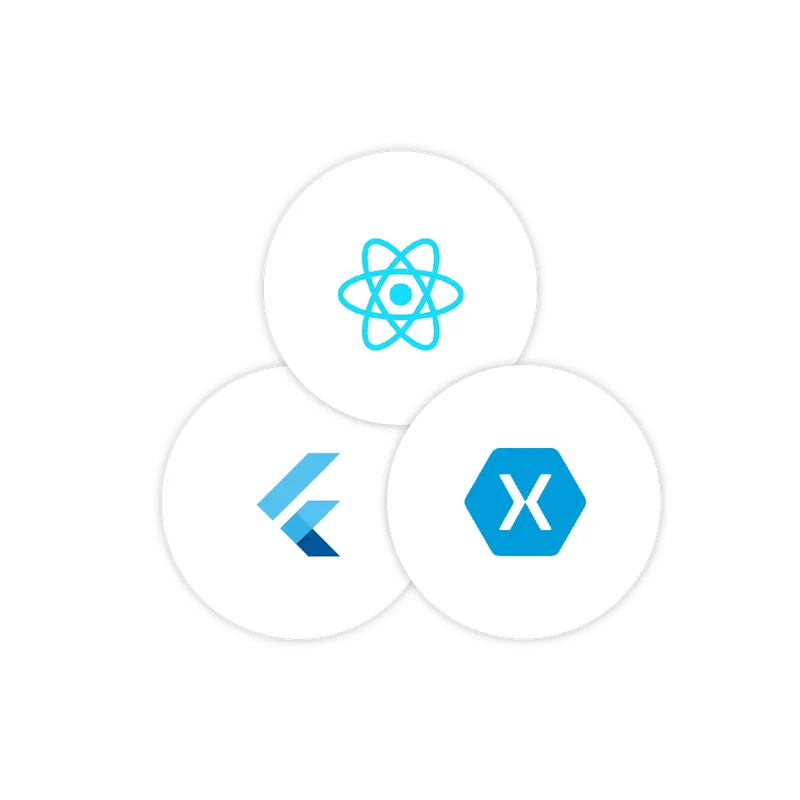
Limited Budget
When you have budget constraints and need to develop an app for multiple platforms (iOS and Android), hybrid development is cost-effective because it allows you to write code once and deploy it across different platforms.
Content-Centric Apps
Apps that primarily deliver content, such as news apps, blogs, or catalogs, can benefit from hybrid development. These apps rely less on device-specific features and more on presenting information effectively.
Simplified Utility Apps
For apps that serve straightforward utility functions, like calculators, to-do lists, or simple games, hybrid development provides a straightforward way to create functional apps without the need for complex native features
Want to get started?
Whether your idea is big or small, we can help you turn it into a reality. We've worked with clients of all sizes, from startups to large enterprises, and we're confident that we can deliver the same level of quality and expertise to you.
